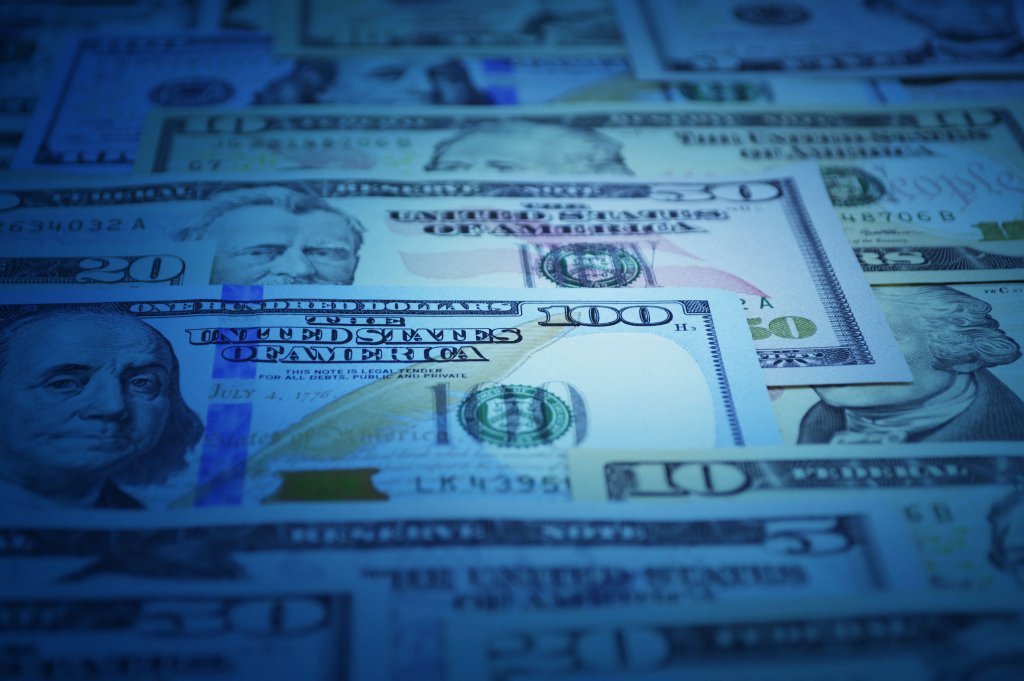EXECUTIVE SUMMARY:
In the United States, cyber scammers are reaching out to consumers with unsolicited calls or text messages, attempting to con people out of receiving their federal economic impact or stimulus checks.
Internal Revenue Service Commissioner, Chuck Rettig, commented “Criminals seize on every opportunity to exploit bad situations, and this pandemic is no exception.”
According to the US’ Federal Bureau of Investigations, federal agencies will not reach out to citizens by phone or email regarding the checks.
A variety of scam methodologies are at play.
- Some scammers ask their targets to sign over their check to the caller.
- Others ask for “verification” of personal and/or banking information to speed up payment processing time.
- Scammers are even mailing out fake checks, then informing the recipient that they should call a phone number and answer personal questions in order to cash them.
Adding to the confusion, the federal government relied on a third-party vendor to distribute stimulus debt cards to some individuals. People are mistaking these as fraudulent mailings.
“Unfortunately, the cards almost look like junk mail. What we’ve seen is people throw them away or almost throw them away, and then realize what they are,” stated one police chief.
The US’ Internal Revenue Service wants to know if you’ve received phony IRS or government-related emails, texts, or social media messages. Report these types of phishing attempts to phishing@irs.gov.
For more on stimulus scams, visit ABC News.
